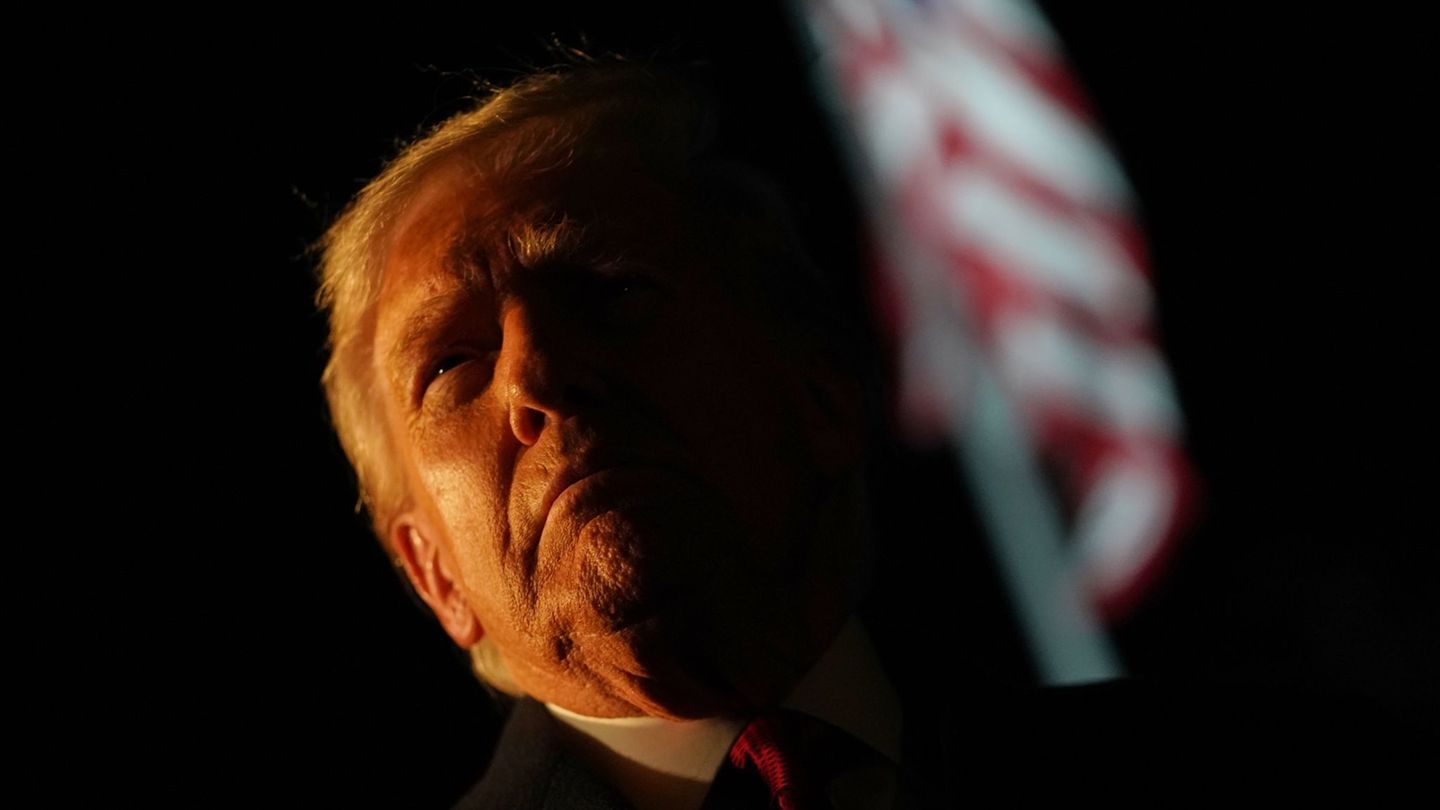Today, a measure taken by a foreign country – the indiscriminate rise of tariffs driven by Donald Trump – severely affects Japan, and without proposing it, creates a strategic window for Argentina. This new global context forces Japan to diversify markets, accelerate their search for reliable allies, and guarantee the safe supply of food, energy and critical minerals.
Argentina is obliged to redefinition of its productive model and its international insertion, it can and should occupy that space, not only as a supplier, but as a technological and strategic partner. History does not usually give second opportunities. This is. This proposal is not a Paper: it is a road map to act now.
Abstract
The relationship between Japan and Argentina presents a unique strategic opportunity in a global context marked by the reconfiguration of value chains and the resurgence of protectionism. This article examines the structural complementarities between the two nations and proposes an updated reading of its link, in the light of recent changes in US commercial policy under the leadership of Donald Trump. The rise of import tariffs to the United States particularly affects Japan and opens an unexpected window to redefine economic alliances. It is proposed that Argentina, with its provision of natural resources and the need for technological modernization, can be a key partner for Japan, while the Asian nation can become a strategic inverter with technological transfer capacity. The text proposes a proactive bilateral agenda based on sovereign cooperation, productive complementarity and sustainability.
Introduction
Throughout the last century, the relationship between Argentina and Japan has had moments of approach and distancing, marked by political, economic and cultural situation. Beyond fluctuations, both nations share background elements that invite a deeper strategic articulation. This article proposes an updated reading of the possibilities of cooperation between the two countries, underlining the existence of an opportunity that arises from an unexpected global situation: the protectionist turn of the United States under the presidency of Donald Trump.
Structural complementarities: beyond stereotypes
Argentina and Japan present non -competitive economies with each other, but complementary. Japan requires food, energy and raw materials that Argentina has in abundance, while Argentina needs technology, innovation and financing, all of them attributes present in the Japanese productive apparatus. To this is added an unexpected cultural affinity: respect for nature, the value of work and appreciation for affective links are shared values that can facilitate long -term cooperation.
From a productive perspective, the combination of Argentine agricultural biotechnology with Japanese robotics offers an agroindustrial innovation horizon with global impact. The same can be said of the health sector, where the Japanese experience in healthy longevity and medical technology can provide concrete solutions to the challenges of the Argentine health system.
Historical barriers and challenges Shared
The geographical distance and the lack of a sustained state policy have historically been two obstacles to the development of a more intense relationship. To this is added a westernized look of Argentine foreign policy, which has privileged its link with Europe and the United States to the detriment of alliances with Asia. In the Japanese case, its international strategy has been focused on the United States as a priority commercial partner, which limited its projection to Latin America.
However, the change in global dynamics and the advancement of multilateralism, driven by new emerging powers, requires rethinking alliances in mutual benefit and structural complementarity.
An unexpected opportunity: the new global protectionism and the strategic window for Japan and Argentina
The current international scenario offers, without its original purpose, an unexpected opportunity for the deepening of economic and strategic links between Japan and Argentina. The recent tariff policy promoted by Donald Trump, characterized by a general rise of import tariffs to the United States – without distinction between allies or commercial competitors – directly affects Japan, one of the world’s main industrial exporters in the world. This protectionist redefinition of global trade drives the affected countries to seek alternatives in their international alliances, thus repositioning actors who were traditionally on the periphery of their global insertion strategies.
In this context, Argentina emerges as a potential partner for Japan for multiple reasons: the structural complementarity of both economies, the Japanese need to diversify its export destinations and supply of strategic inputs, and the Argentine ability to offer food, energy and natural resources in a context of growing global uncertainty.
Japan, being partially excluded from the North American market, needs to activate new marketing and cooperation routes. Argentina, on the other hand, requires progress in a process of productive transformation that incorporates state -of -the -art technologies, sustainable value chains and a less dependent development model of primary export without value aggregation. In this new geoeconomic board, Japanese investments can find space in key sectors of the Argentine economy: sustainable mining, renewable energies, health, electrical mobility and intelligent agribusiness.
Far from representing an obstacle, the imposition of tariff barriers by the United States can enable, paradoxically, a dynamic of reconfiguration of South-South and Esur strategic alliances, which rescues the historical experience shared between Japan and Argentina, but that projects it towards the challenges of the 21st century. This time, without guardianship or dependencies, but in a scheme of sovereign, technological and sustainable cooperation.
Epilogue
The relationship between Japan and Argentina, anchored in a common history of mutual respect and productive complementarity, today faces a global situation that can become a catalyst for a new stage. The American protectionist turn, although adverse in principle, opens the possibility of thinking bilateral alliances that enroll in a new geoeconomic paradigm. Taking advantage of this opportunity requires strategic vision, political will and execution capacity. Argentina and Japan have, at this crossroads, the possibility of drawing a joint roadmap towards an inclusive, technological and sustainable development. The time to act is now.
Argentina needs dollars, investment, technology, export employment and predictability. Japan needs safe markets, access to food and strategic minerals, and reliable partners in a world that is replicated.
The opportunity is served. Missing the actor who takes it with a state vision.
This is a proposal to move from protocol relations to the binational mutual development strategy. There is no need to invent what already exists: only leadership is missing.
Director of Esperanza Foundation. Postgraduate professor at UBA and private universities. Master in International Economic Policy, Doctor of Political Science, author of six books.
Source: Ambito
David William is a talented author who has made a name for himself in the world of writing. He is a professional author who writes on a wide range of topics, from general interest to opinion news. David is currently working as a writer at 24 hours worlds where he brings his unique perspective and in-depth research to his articles, making them both informative and engaging.




